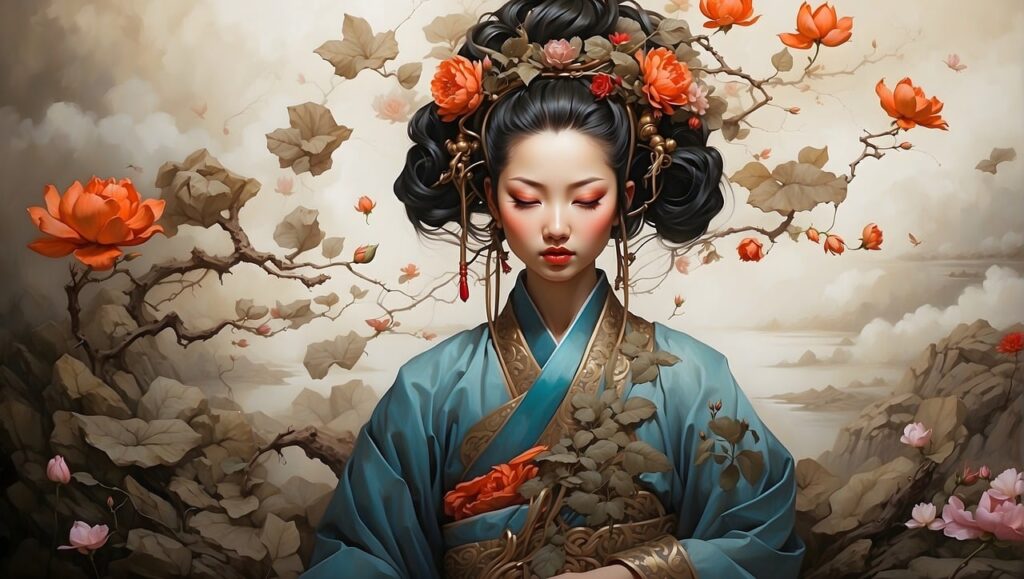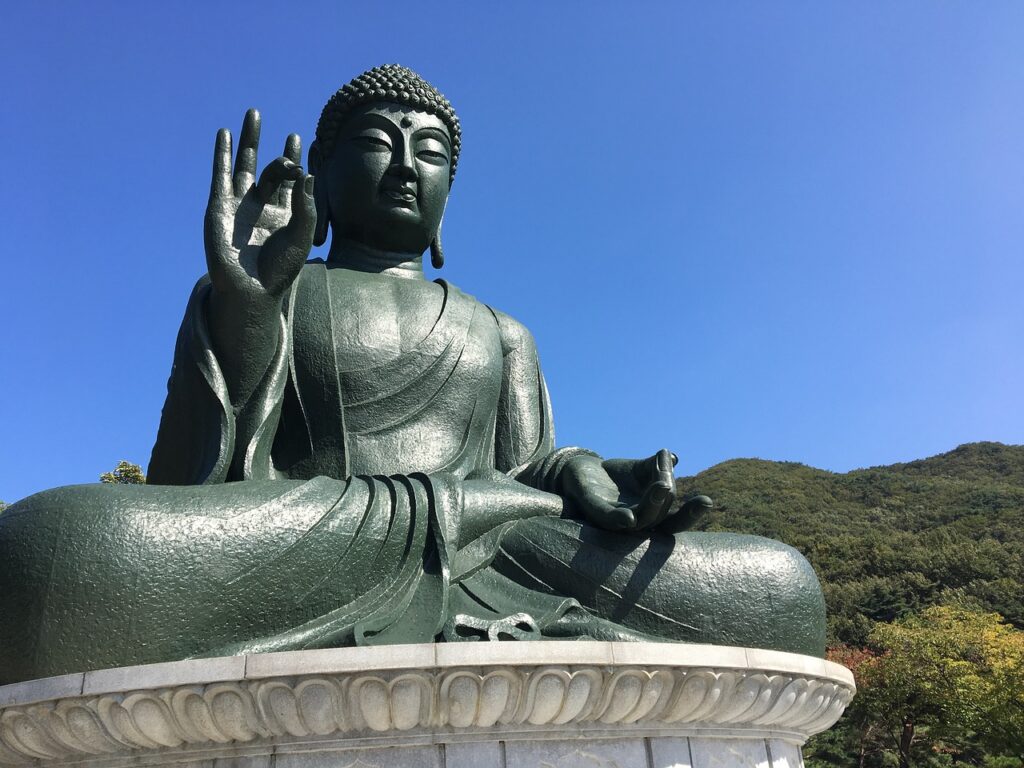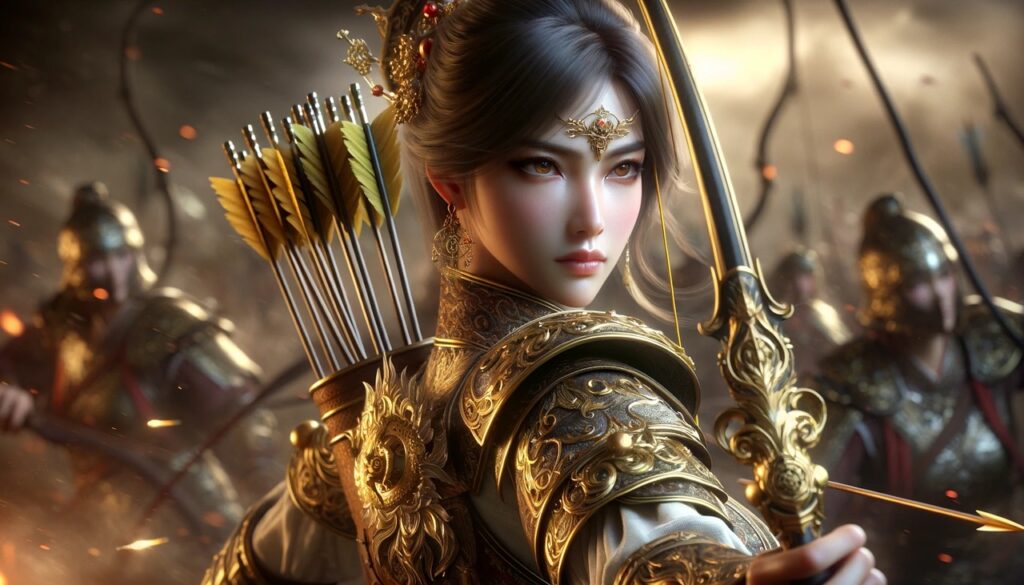In the realm of world literature, the Chinese literary tradition stands as a towering monument, rich with a tapestry of stories, characters, and cultural insights. Central to this tradition are the Four Great Classical Novels of China, timeless masterpieces that have captivated readers for centuries. These novels—“Dream of the Red Chamber,” “Journey to the West,” “Romance of the Three Kingdoms,” and “Water Margin”—represent the pinnacle of Chinese literary achievement, offering profound insights into history, society, and the human condition.
Dream of the Red Chamber (红楼梦)

“Dream of the Red Chamber,” also known as “The Story of the Stone,” is a sprawling epic written by Cao Xueqin during the Qing Dynasty. Set against the backdrop of the decline of the prestigious Jia family, the novel intricately weaves together themes of love, fate, and societal change. Through its vivid characters and poetic prose, it explores the complexities of human relationships and the fleeting nature of life and wealth.
Journey to the West (西游记)

“Journey to the West,” authored by Wu Cheng’en during the Ming Dynasty, is a fantastical odyssey that follows the Buddhist monk Xuanzang and his eclectic band of disciples—Sun Wukong, Zhu Bajie, and Sha Wujing—as they embark on a perilous journey to retrieve sacred scriptures. Filled with mythological creatures, moral lessons, and epic adventures, this classic blends fantasy with profound philosophical insights, symbolizing the triumph of enlightenment over adversity.
Romance of the Three Kingdoms (三国演义)

“Romance of the Three Kingdoms,” attributed to Luo Guanzhong, chronicles the turbulent era of the Three Kingdoms period in ancient China. Fueled by political intrigue, military strategy, and larger-than-life heroes and villains, the novel offers a panoramic view of ambition, loyalty, and the quest for power. Its enduring appeal lies in its timeless portrayal of human ambition, honor, and the complexities of war and governance.
Water Margin (水浒传)

“Water Margin,” attributed to Shi Nai’an, tells the story of 108 outlaws who gather at Mount Liang to form a rebel army against corrupt officials and oppressive rulers. Filled with tales of heroism, camaraderie, and moral justice, the novel celebrates the indomitable spirit of the common people and the timeless struggle against tyranny. Its colorful characters and action-packed narrative continue to captivate readers across generations.
Legacy and Influence
he Four Great Classical Novels of China have left an indelible mark on literature and culture, both within China and beyond. Their enduring popularity and profound cultural significance speak to their universal themes and timeless appeal. From the intricacies of human emotion to the grand sweep of historical events, these novels continue to inspire readers and scholars alike, serving as windows into the rich tapestry of Chinese civilization.
In conclusion, the Four Great Classical Novels of China stand as testament to the enduring power of storytelling and the boundless creativity of the human imagination. Through their timeless narratives and profound insights, they have earned their place as literary treasures of humanity, inviting readers on a journey through the depths of Chinese history, culture, and imagination.
